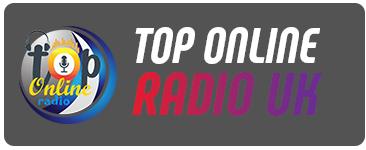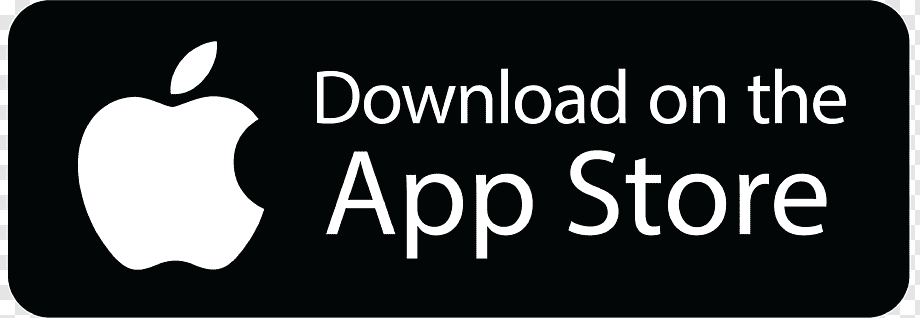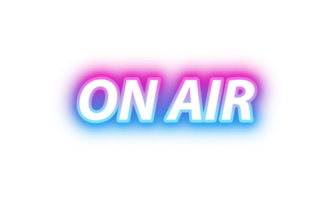
The Online Christian Radio for the Discerning Christian
Top Online Radio UK is a Christian online radio station which provides a great way to stay connected to your faith and listen to uplifting music. Whether you are looking for a Christian teaching, Christian news, or contemporary Christian music, we’ve got you covered.



















